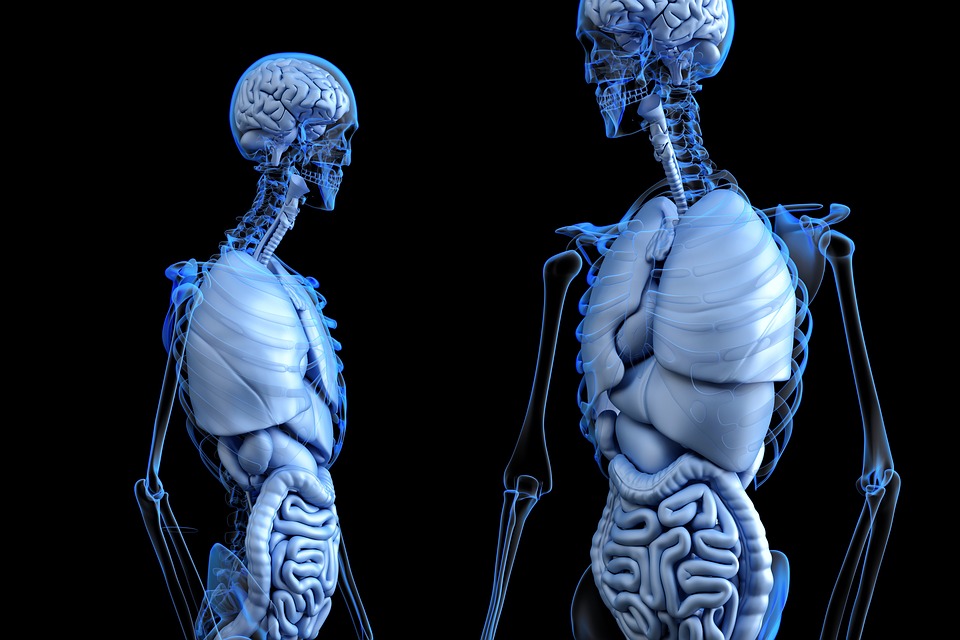It is estimated that one in five people suffer from persistent intestinal problems or abdominal pain, and often, the cause is unknown. If you want to know more, here are some of the effects of stress on the gut and some tips to help eliminate it!
How Stress Affects the Gut
If you have a weak stomach and intestines, stress can further damage your intestines. You’ll notice that suddenly stools become thin, and you’ll feel nauseous or the need to go to the bathroom all the time.
Alternatively, stress may delay defecation and cause constipation. You may be breathing too fast, or your breathing may be elevated due to tension or fear, causing air to build up in your stomach. This can cause you to have a protruding belly or a bloated stomach.
Does Stress Cause Stomach Upset?
Does your stomach get upset more often when you are worried? Do you feel uncomfortable in your own skin? Do you have difficulty sleeping? Are you easily agitated and tired? When you feel stressed, do you recognize your dissatisfaction? If so, you will need to deal with this stress.
There is a strong relationship between the gut and the brain. The gut and the brain work closely together. Your thoughts and actions affect the way you feel physically. And when the intestines are not working correctly, psychological problems can also occur.

To reduce stress-induced stomach problems, it is best to do the following:
Recognize Stress
Try to avoid stress as much as possible and develop the ability to recognize the moments when you feel stressed. Know your body’s response to stress and make yourself aware that you are not the stress.
Some Common Reactions During Stress Are:
Physical reactions: dizziness, high blood pressure, headaches, gastrointestinal problems, frequent colds, insomnia, rapid sweating, increased heart rate, decreased energy.
Mental reactions: anxiety, fear, indecision, poor concentration, loneliness, fatigue, restlessness, irritability, lack of enjoyment, forgetfulness.
Emotional reactions: worry, anger, depression, irritability, moodiness, rage.
Behavioral reactions: craving for sweets, drinking more alcohol, smoking more cigarettes, having too much or too little appetite, using more medication, complaining, or grumbling more.
Too much stress can lead to (even more) digestive problems.
Stress Recovery
First, accept that you are stressed. After acceptance, the most important things are rest, regularity, and cleanliness. Eat regularly, get enough sleep, and observe your breathing.
Breathing Exercises
Your breathing may be faster or higher than before. Breathe firmly with your abdomen. Breathing out slowly and deeply sends signals to the brain to release relaxation hormones.
Relaxation in the body has a calming effect on all muscles, including those of the intestinal wall. Breathing exercises also give energy to the digestive system and help the intestines to work more efficiently. It is also essential to exercise regularly. Dancing, cycling, walking, and swimming are good options. Be sure to rest and maintain a regular routine for a quick recovery.
Nutrition and Supplements
Some foods contain substances that can help you sleep better. Consider almonds, bananas, beans, brown rice, chocolate, dates, oats, cheese, chickpeas, turkey, chicken, milk, nuts, peanuts, soy, spinach, spirulina, tofu, fish, meat, seeds, seaweed, and sunflower seeds.
You can also take supplements such as L-tryptophan, magnesium, melatonin, omega-3 fatty acids, vitamin B complex, and zinc or try rhodiola supplements for abdominal pain. Rhodiola rosea is a plant that can help with stress-related pain.
Listen To Your Body
When it comes to good self-care, take care of your stomach. Listen to your body and rest. Feel your body, feel the earth. Take some real time for yourself each week. Preferably every day, even if it’s just for a few minutes. Take frequent breaks. Take breaks between all activities, or at dinner. Do something fun, have a hobby. Take a bath, read a good book, listen to music, etc.
How do you cope with the effects of stress on the gut? Let us know in the comments below!


